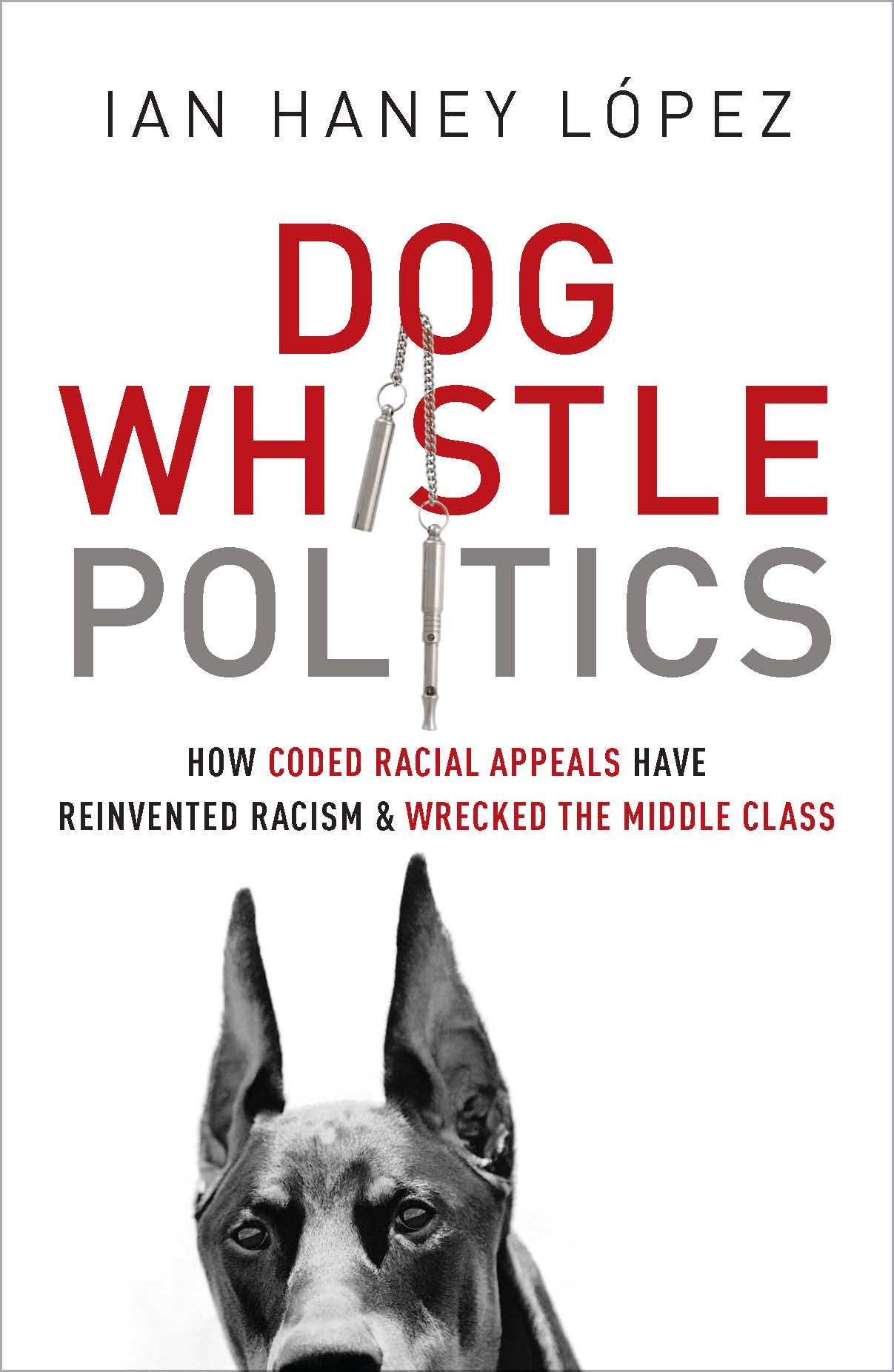
Ian Haney López is an author and professor at the University of California, Berkeley.
Unions must mobilize to defeat racism because it destroys solidarity and brutalizes union members, the demographics of working people are changing rapidly and morality demands action. But mobilizing all of labor to join the fight against racism will not be easy: Race fractures the labor movement itself. AFL-CIO President Richard Trumka said of Ferguson, Mo., “our brother killed our sister’s son,” and, in doing so, he spoke to the tragic facts and also to the internecine racial fault lines that shatter worker solidarity.
For unions to recover, they must both fight the injustices done to people of color and simultaneously emphasize the common interests that all working people share. César Chávez knew this when he built a farm worker coalition across race lines, uniting Filipinos and Mexicans in California’s fields. Martin Luther King Jr. embodied this in joining the sanitation workers’ strike in Memphis and in organizing the Poor People’s Campaign in Washington. Seeking to build a bridge between labor and the civil rights movement, King said to the AFL-CIO in 1961, “Our needs are identical with labor’s needs, decent wages, fair working conditions, livable housing, old age security, health and welfare measures, conditions in which families can grow, have education for their children and respect in the community.”
Fostering a shared commitment to challenging racial and economic injustice depends on everyone recognizing that racism is more than prejudice by one individual against another. It has been, and remains, a way to structure society, the economy and government. Consider slavery—the Southern way of life was built to rationalize this barbarism, the economy depended on it, and government was designed to protect it. Though not to the same extent today, racism nevertheless continues to play this structuring role.
This is most evident in our politics, especially when viewed from the perspective of the past half-century. Fifty years ago, the civil rights movement transformed the place of African Americans and other non-whites in society, ending formal segregation laws as well as racist restrictions on immigration. In turn, however, these changes contributed to rising anxiety among some made nervous by racial change, and politicians quickly sought to harness and then to foment this seething sense of insecurity.
The Republican Party, in particular, though eventually many Democrats, too, began to campaign by scaring voters. They did so by dog whistling: Using coded terms like “inner city crime” and “silent majority” that on the surface did not mention race, but that just underneath coursed with racial power, telling a story of decent whites under threat from dangerous minorities. Today, nobody better symbolizes this toxic politics than Donald Trump.
Yet for all its ugliness, this was strategy, not bigotry. Keeping minorities in their place was never the main point. Instead, the goal was to win elections and also to satisfy the demands of the billionaires funding political campaigns. This required stoking resentment, not only against nonwhites, but also against an activist government, which was painted as coddling minorities with welfare while refusing to control them through lax criminal laws and weak border enforcement. In effect, powerful elites used the politics of fear and division to hijack government for their own benefit. Pandering to racial anxiety and enflaming hatred against government, they distracted voters from recognizing the threat posed by increasing concentrations of wealth and power.
Today, the richest 0.1% of Americans holds 22% of the country's wealth—the same share held by the bottom 90% of the population. These are levels of wealth inequality not seen in a century. As we slowly emerge from the Great Recession, we find ourselves confronting levels of poverty and economic hardship we thought we had left long in the past, with pensions gone, home equity erased, jobs scarce and little promise for our children. Once again, robber barons rule a rigged system, with government and the marketplace in their pockets. In their greed, they are stifling shared economic prosperity, limiting the mobility of current and future generations and endangering our democracy.
It’s time to stop segregating the race problem as one that harms only minorities. A deeper conception of how racism structures politics, government and the economy connects minority concerns to the issues faced by all workers. This approach makes clear that when racism triumphs, all workers lose.
Dog-whistle politicians constantly warn the racially anxious that liberal government and unions care more about coddling minorities than about protecting hardworking whites. This drumbeat makes it risky for labor to mobilize around nonwhite concerns because it can make conservative accusations ring true to many white workers.
But the solution cannot be to avoid race and to exclusively address class interests. To talk solely about economics leaves racial demagoguery unchallenged, allowing it to continue dividing workers. It also leaves workers of color alienated and angry that the labor movement is ignoring the gross injustices they confront.
The only way forward is to connect race to class, and class to race—by building an inclusive social movement that silences dog-whistle politics and demands that government put people first.
Learn more about López's book: Dog Whistle Politics: How Coded Racial Appeals Have Reinvented Racism and Wrecked the Middle Class.
Update: López and AFL-CIO, in partnership with Demos and the University of California-Berkley Haas Institute for a Fair and Inclusive Society, released a new report offering a response to the increase in racist and offensive rhetoric throughout the election season so far. Read the report.

